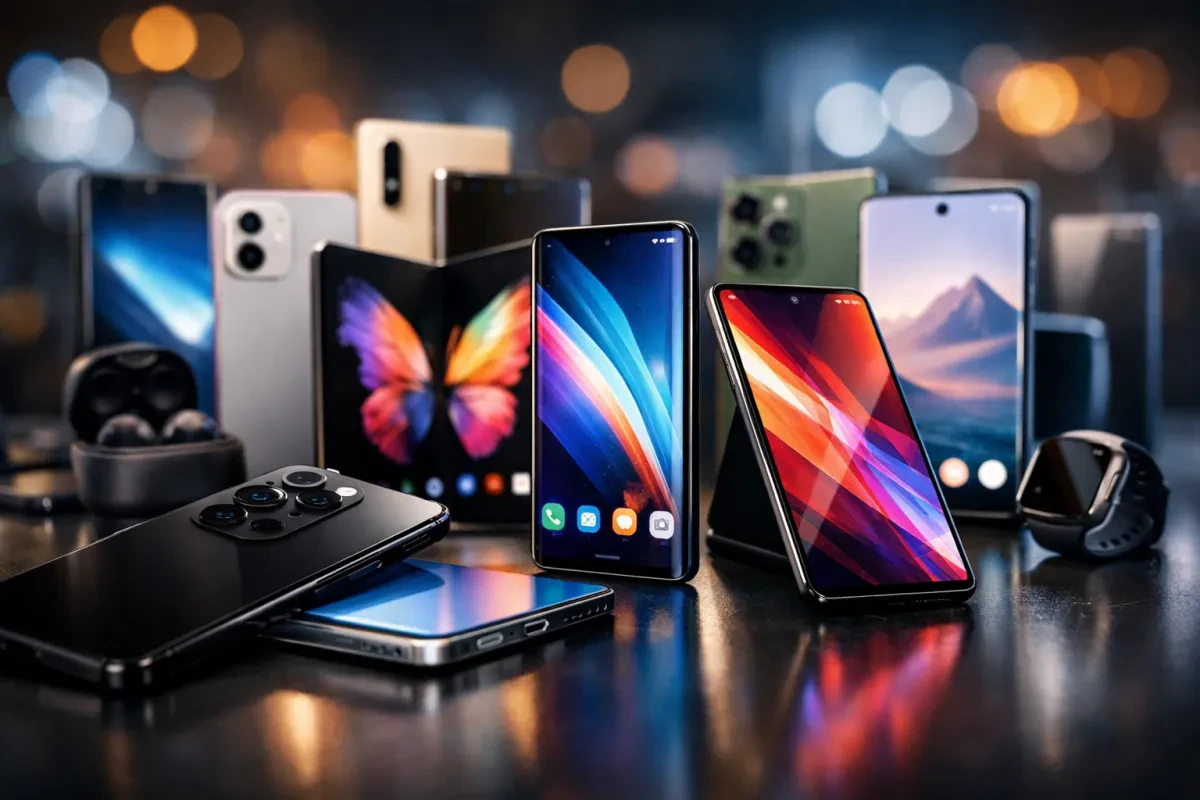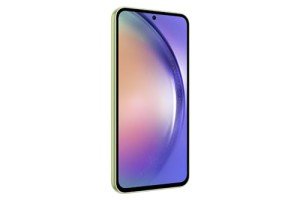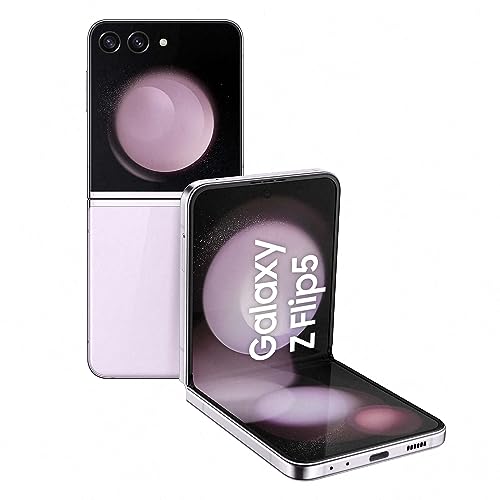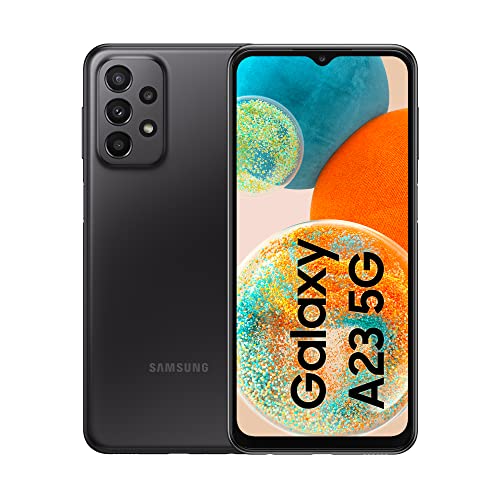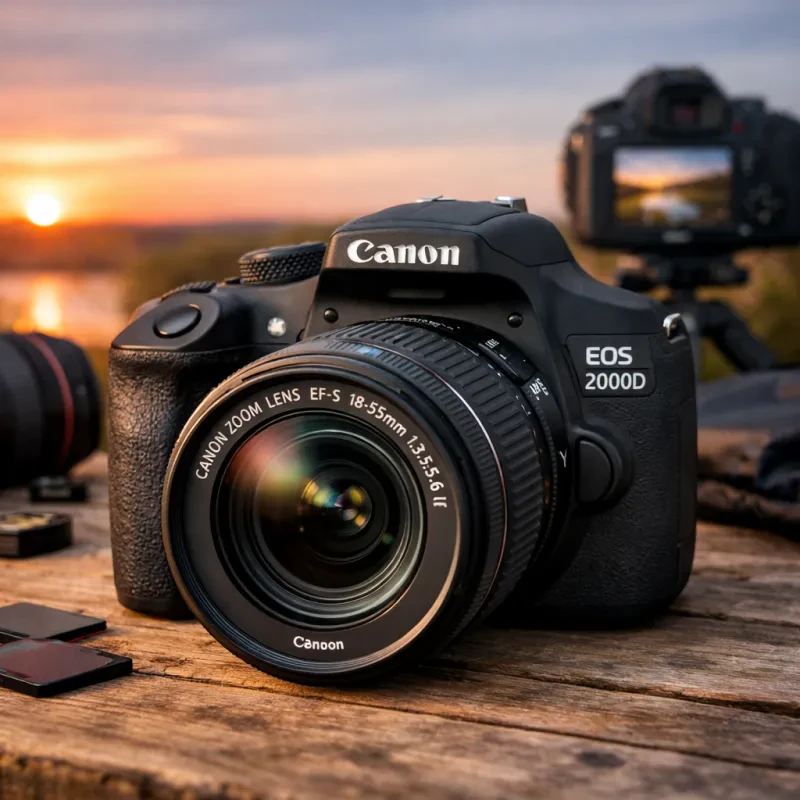In this ever-evolving world of technology, the sheer number of smartphone options available can be overwhelming. With each device boasting different features and capabilities, choosing the perfect smartphone can be a daunting task. However, by understanding your needs and decoding the essential factors to consider, you can make an informed decision that aligns perfectly with your requirements.
First and foremost, it is crucial to consider your usage patterns and needs.
Are you a heavy user who spends hours streaming videos and playing graphic-intensive games? Or do you primarily use your smartphone for communication and light browsing? Understanding your usage will help you determine the right combination of processing power and battery life that fits your lifestyle. Additionally, consider the storage capacity you require for apps, photos, and media. If you tend to have an extensive library of media files, opting for a smartphone with expandable storage might be necessary.
Next, consider the operating system and user interface that best suit you.
There are three major operating systems to choose from: iOS, Android, and Windows. Each has its strengths, so it is vital to assess your preferences and needs. iOS offers a seamless and user-friendly interface, while Android provides customization options and compatibility with a wide range of apps. Windows OS, on the other hand, offers seamless integration with other Windows devices and services.
Another significant factor to consider is the camera quality.
If photography is important to you, prioritize smartphones with high-resolution cameras, optical image stabilization, and advanced camera features. Additionally, evaluate the screen size and display quality that suit your needs. A larger screen size and higher resolution are beneficial for multimedia consumption, gaming, and multitasking, but could make the device less pocket-friendly.
Decoding the ideal smartphone relies on a thorough consideration of your usage patterns, operating system preferences, camera quality, and screen size. By understanding your needs and evaluating these factors, you are on your way to finding the perfect smartphone that seamlessly integrates into your daily life. Remember, selecting the ideal smartphone ultimately comes down to finding the right balance of features and capabilities that cater to your unique requirements.
Guide to Exploring Key Features:
Navigating Your Smartphone Options
When it comes to choosing the perfect smartphone, there are numerous key features that should be taken into consideration. These features can greatly impact the user experience and functionality of the device. In this section, we will explore some of the most important features to consider when navigating your smartphone options.
First and foremost, the operating system (OS) is a crucial factor to consider. The two most popular smartphone operating systems are iOS and Android. iOS, developed by Apple, offers a seamless and user-friendly interface with a consistent experience across all Apple devices. On the other hand, Android, developed by Google, is known for its versatility and customization options, allowing users to personalize their devices to suit their preferences.
Another essential feature to consider is the display type and size. Smartphones come with various display types, such as LCD, OLED, and AMOLED, each offering different advantages in terms of color accuracy and brightness. Additionally, the size of the display is also important, as it determines the overall footprint of the device and impacts the user's multimedia experience.
One of the key features that sets smartphones apart is their camera capabilities. In recent years, smartphone cameras have undergone significant advancements, rivaling the image quality of traditional digital cameras. Features such as megapixels, aperture size, optical image stabilization, and advanced image processing algorithms all contribute to the overall camera performance. For photography enthusiasts, the camera capabilities of a smartphone can be a deciding factor.
Other important features to consider include the device's processing power, RAM, storage capacity, and battery life. A powerful processor and sufficient RAM ensure smooth multitasking and excellent overall performance. Ample storage capacity allows for storing various apps, photos, videos, and files, while a long-lasting battery ensures that you can use your smartphone throughout the day without constantly needing to recharge.
By considering these key features, you can effectively navigate your smartphone options and choose the perfect device that meets your specific needs and preferences. Remember to weigh the importance of each feature based on your individual usage patterns to make an informed decision.
Comparing Operating Systems: Finding Your Perfect Fit
In the search for the perfect smartphone, one of the crucial factors to consider is the operating system it runs on. There are three major operating systems dominating the market: iOS, Android, and Windows. Each of these platforms offers unique features and advantages that cater to different user preferences.
iOS, developed exclusively for Apple devices, is known for its seamless integration, high security, and sleek design. It boasts a user-friendly interface with a consistent experience across all Apple products. Additionally, the App Store offers a vast selection of apps, many of which are optimized for Apple devices. However, iOS can be limited in terms of customization compared to other operating systems.
Android, developed by Google, is an open-source operating system used by various manufacturers. It provides a high level of customization, allowing users to personalize their devices to suit their needs. Android also offers a wide range of apps through the Google Play Store. Moreover, Android devices come in various price ranges, making them accessible to different budgets. However, Android faces challenges with fragmentation, meaning that updates and features may not be available across all devices simultaneously.
Windows, developed by Microsoft, is another operating system worth considering. It provides a user-friendly interface, similar to the Windows operating system on computers, offering seamless integration for users who are already familiar with it. Windows phones aim to bridge the gap between the mobile and desktop experiences, allowing for a smooth transition from one device to another. However, the number of apps available on the Windows Store may be limited compared to iOS and Android.
Making an Informed Decision: Tips for Choosing Wisely
Selecting the perfect smartphone can be an overwhelming task with the multitude of options available on the market. However, with a little research and consideration, you can make an informed decision that meets your specific needs and preferences. Here are a few tips to help you choose wisely:
1. Define Your Requirements
Before embarking on your smartphone hunt, it is crucial to identify your requirements. Consider factors such as budget, desired features, and operating system preferences. Do you need a high-quality camera, ample storage space, or a long-lasting battery? Understanding your priorities will streamline the selection process by narrowing down the options that align with your needs.
2. Research and Compare
Once your requirements are defined, conduct thorough research on various smartphone brands and models that meet your criteria. Read expert reviews and user feedback and compare specifications to gain a comprehensive understanding of each option's pros and cons. Pay attention to factors like processor power, display quality, camera capabilities, and software support. This research will help you make an informed decision based on the smartphone's performance, durability, and user experience.
3. Consider Longevity and Value
When investing in a smartphone, it's wise to consider its longevity and the value it offers in the long run. Look for devices that receive regular software updates and have a reputation for durability. Consider the brand's track record of customer support and the availability of accessories and spare parts. Investing in a smartphone that can adapt to future advancements will ensure it remains useful and relevant for a longer time.
Check out our great range of smartphones here
